#Hito Steyerl
Explore tagged Tumblr posts
Text
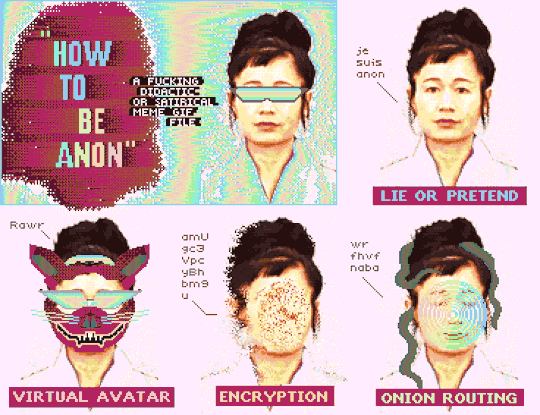
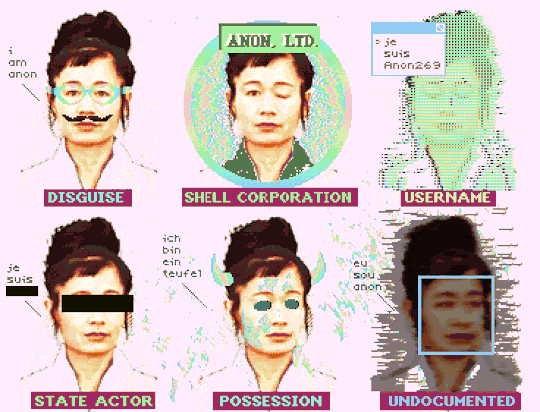
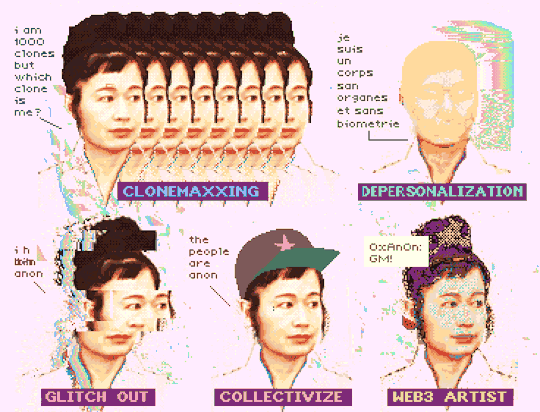
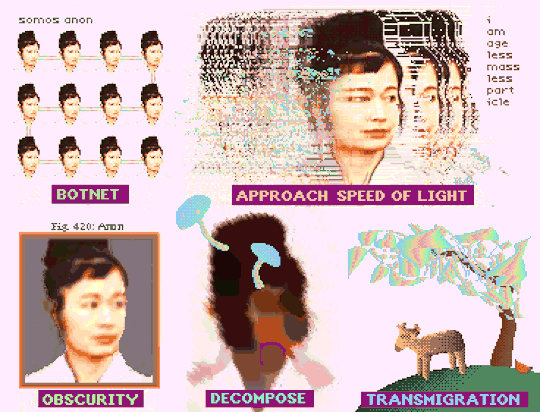
"How To Be Anon" (Deluxe Paint IV + Frames from Hito Steyerl's "How Not to Be Seen: A Fucking Didactic Educational .MOV File)
#art#glitch#hito steyerl#anon#pixel art#pixels#new media#aesthetic#post-internet#digital art#glitchcore#webcore#cypherpunk#how to
21K notes
·
View notes
Photo

Factory of the Sun Hito Steyerl, 2015
1K notes
·
View notes
Text






How Not to Be Seen: A Fucking Didactic Educational .MOV File (Hito Steyerl | 2013)
#How Not to Be Seen: A Fucking Didactic Educational .MOV File#how not to be seen#hito steyerl#2013#digital art
4 notes
·
View notes
Text


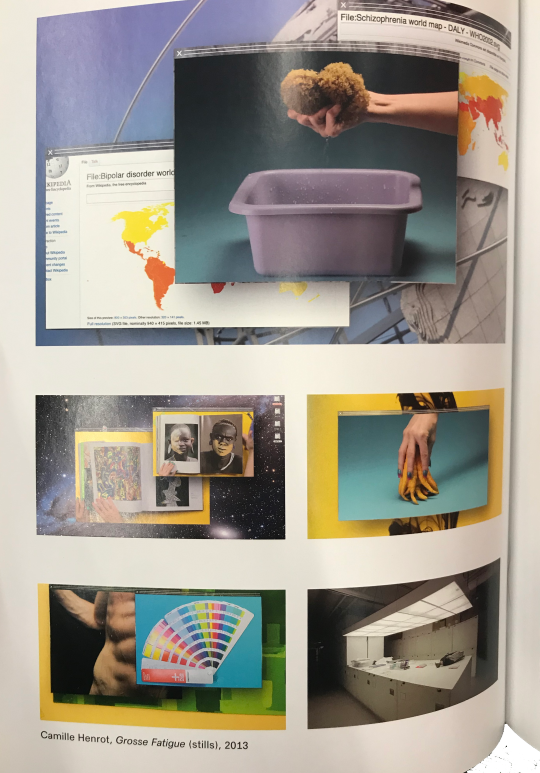
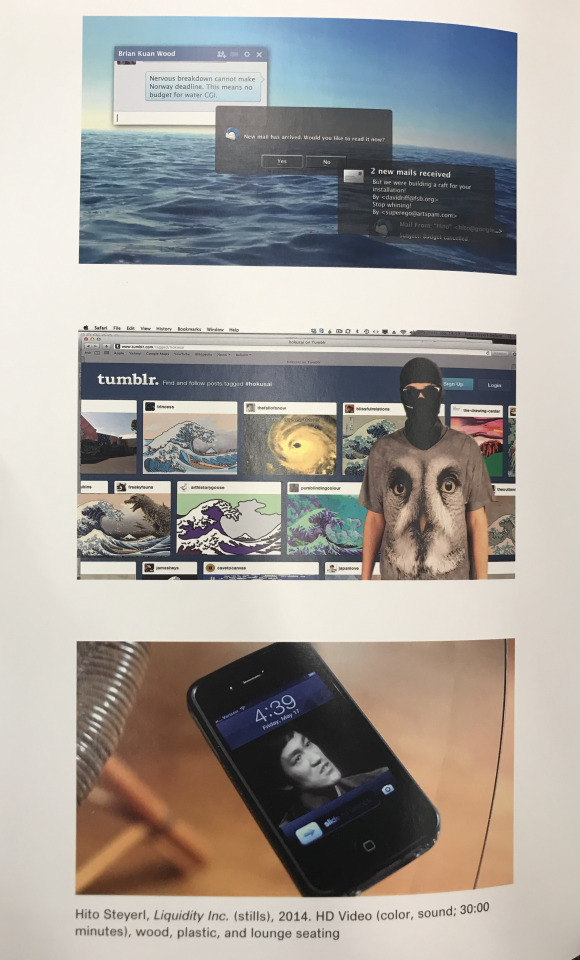
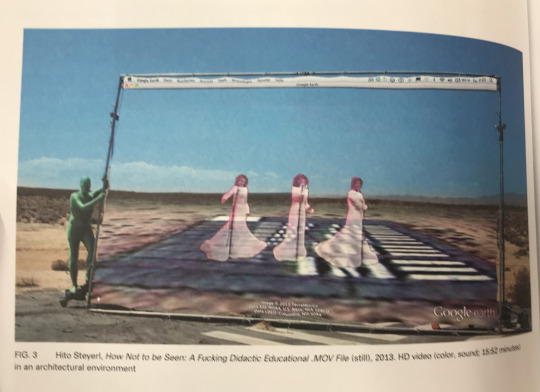
library find #1 : Art in the age of the internet ; 1989 to today featured art + Artists: Hito Steyerl ; Liquidity Ink, 2014 Amalia Ulman : Excellences & Perfections, 2015 Camille Henrot : Grosse Fatigue, 2013
#hito steyerl#Amalia Ulman#Camille henrot#artbook#internetart#apple#mac os#.mov#post internet#windows#performance#video art#digital art#cats
12 notes
·
View notes
Text
It’s operating with this myth that it’s participatory. I can just log into ChatGPT and feel like I have agency in this technological moment. But one wonders how futile this will quickly become when they close the doors again, and it becomes obviously hegemonic, and content is just being dictated to us. I know you’ve spoken about this in other instances, about the idea of a shifting public in the face of these emergent machines.
The public is being captured. Again, it was already captured in Web 2.0 within these app silos, on social media. And web3, which is now being realized through all these machine learning applications, will basically create different silos, which are more software based. So you won’t be able to get any edition of the Adobe suite, let’s say, without integrated machine learning services that you have to pay extra rent for. Basically, you will be forced to subscribe to a lot of different services, which you actually really don’t need, but you have to pay for—I think that’s the business model more or less.
It’s operating with this myth that it’s participatory. I can just log into ChatGPT and feel like I have agency in this technological moment. But one wonders how futile this will quickly become when they close the doors again, and it becomes obviously hegemonic, and content is just being dictated to us. I know you’ve spoken about this in other instances, about the idea of a shifting public in the face of these emergent machines.
The public is being captured. Again, it was already captured in Web 2.0 within these app silos, on social media. And web3, which is now being realized through all these machine learning applications, will basically create different silos, which are more software based. So you won’t be able to get any edition of the Adobe suite, let’s say, without integrated machine learning services that you have to pay extra rent for. Basically, you will be forced to subscribe to a lot of different services, which you actually really don’t need, but you have to pay for—I think that’s the business model more or less.
Hito Steyerl on Why NFTs and A.I. Image Generators Are Really Just ‘Onboarding Tools’ for Tech Conglomerates
22 notes
·
View notes
Video
vimeo
(via https://vimeo.com/145844147?ref=tu-v-share)
3 notes
·
View notes
Photo

https://archive.org/details/HitoSteyerlTooMuchWorld/mode/2up
So what does it mean if the Internet has moved offline? It crossed the screen, multiplied displays, transcended networks and cables to be at once inert and inevitable. One could imagine shutting down all online access or user activity. We might be unplugged, but this doesn't mean we're off the hook. The Internet persists offline as a mode of life, surveillance, production and organisation - a form of intense voyeurism coupled with maximum nontransparency. Imagine an Internet of things all senselessly "liking" each other, reinforcing the rule of a few quasi-monopolies. A world of privatised knowledge patrolled and defended by rating agencies. Of maximum control coupled with intense conformism, where intelligent cars do grocery shopping until a Hellfire missile comes crashing down. Police come knocking on your door for a download - to arrest you after "identifying" you on YouTube or CCTV. They threaten to jail you for spreading publicly funded knowledge? Or maybe beg you to knock down Twitter to stop an insurgency? Shake their hands and invite them in. They are today's Internet in 4D. The all-out Internet condition is not an interface but an environment. Older media as well as imaged people, imaged structures and image objects are embedded into networked matter. Networked space is itself a medium, or whatever one might call a medium's promiscuous.
8 notes
·
View notes
Text
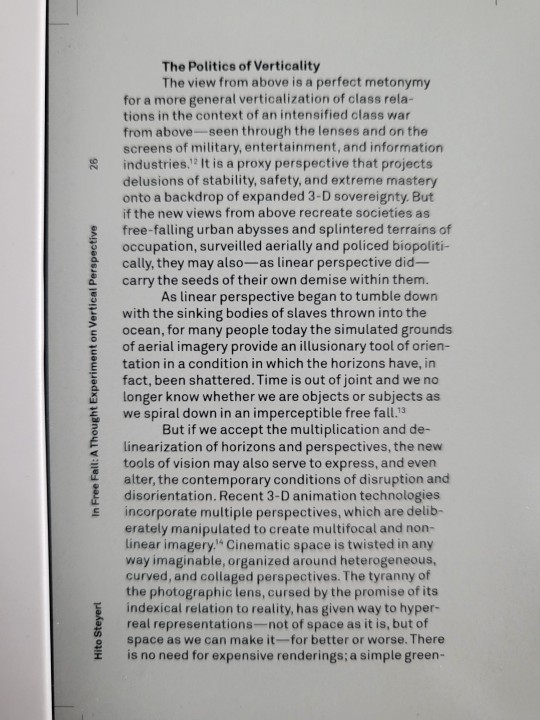
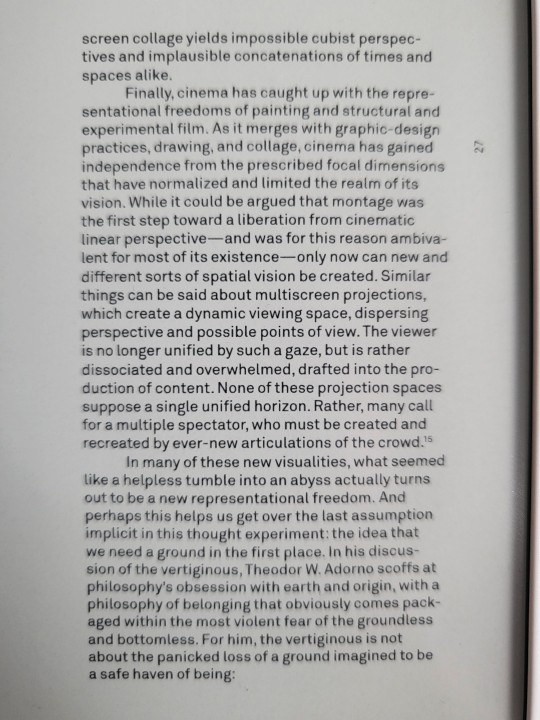
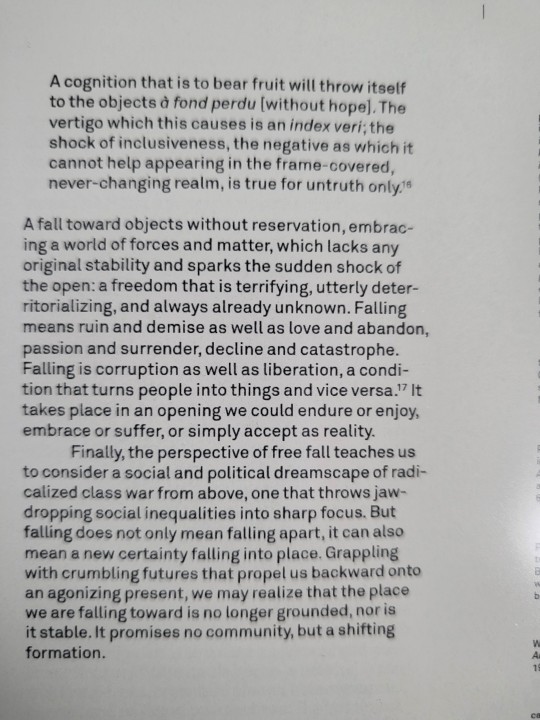
Hito Steyerl - In Free Fall: A Thought Experiment On Vertical Perspective
#Hito Steyerl#Quotes#Free Fall#Agency#Shifting Perspectives#Formational Organizing Without Defined Ground of False Security#Hierarchies of Falling#Freedom#Adorno#Active Reconfiguration#class war
9 notes
·
View notes
Photo

Experimentations with matter, materiality and their exact opposites – We Make Money Not Art
3 notes
·
View notes
Text

Just gonna say it, but the lack of Hito Steyerl fan fic on Tumblr is very disappointing. Like she was out there teaching everyone "How not to be seen" and no one is out here calling her "mother" for that. Sad
57 notes
·
View notes
Text
"porcili": mostra e film di pier paolo pasolini, a berlino da settembre @ neue berliner kunstverein (n.b.k.)
https://www.nbk.org/de/ausstellungen/pier-paolo-pasolini * https://www.nbk.org/de/diskurs/filmprogramm-pasolini _

View On WordPress
#000000#Cesare Pietroiusti#cinema#Clara Tosi Pamphili#ffffff#film#Giuseppe Garrera#Hito Steyerl#Klaus Theweleit#Margarethe von Trotta#mostra#Pasolini#Pier Paolo Pasolini#Porcili#PPP#Thomas Macho
0 notes
Text
strike / hito steyerl. 2010
youtube
View On WordPress
0 notes
Text
Post-internet artist Hito Steyerl on refusing honours, buying her work back – and fighting big tech
1 note
·
View note
